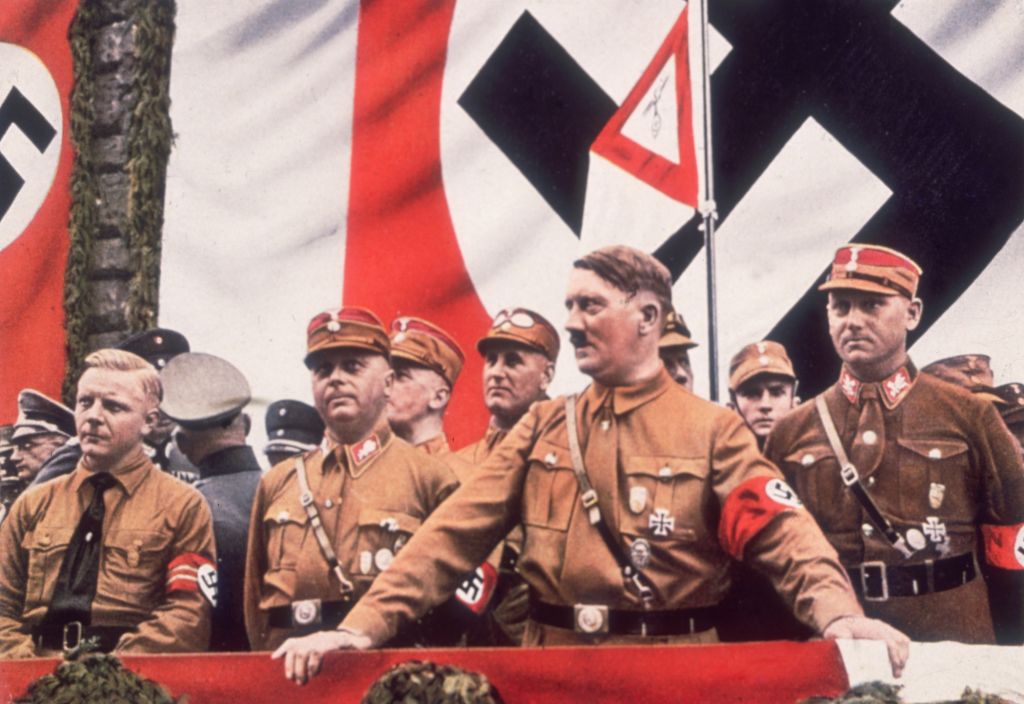30 January 1933: Adolf Hitler takes power
Adolf Hitler came to power on this day in 1933 following a political gamble that went disastrously wrong.


Get the latest financial news, insights and expert analysis from our award-winning MoneyWeek team, to help you understand what really matters when it comes to your finances.
You are now subscribed
Your newsletter sign-up was successful
Want to add more newsletters?
The Great Depression hit Germany hard, with one in three German workers unemployed by early 1933. Political support drained away from the main parties, benefiting Adolf Hitler's National Socialist German Workers Party (better known as the Nazi Party). In the July 1932 national election, they came first, with 37% of the vote. They were unable to form a government, and Hitler was defeated in the presidential election, but they had become a major political force.
Other parties were also unable to form a majority government and Germany was in political limbo. So in January 1933 former chancellor Franz von Papen persuaded president Paul von Hindenburg to form a national government with Hitler as chancellor. The idea was that von Papen would retain real power, while using Nazi support to get legislation through parliament. This proved a miscalculation that had tragic consequences for Germany and the rest of the world.
Hitler immediately insisted on calling fresh elections. In the weeks leading up to the vote on March 1933, the new government tried every means at its disposal to intimidate the other parties. It also used the burning down of the Reichstag to pass laws curtailing freedom of speech and assembly. Despite this, and the fact that many election observers were Nazis, it had to rely on the support of another far-right party to gain a majority.
Try 6 free issues of MoneyWeek today
Get unparalleled financial insight, analysis and expert opinion you can profit from.

Sign up to Money Morning
Don't miss the latest investment and personal finances news, market analysis, plus money-saving tips with our free twice-daily newsletter
Don't miss the latest investment and personal finances news, market analysis, plus money-saving tips with our free twice-daily newsletter
But immediately after the election, Hitler set about dismantling the remaining elements of democracy. He used a mixture of diplomacy and coercion to force parliament to pass the Enabling Act, which allowed him to bypass parliament. This effectively ended the Weimar Republic.
Get the latest financial news, insights and expert analysis from our award-winning MoneyWeek team, to help you understand what really matters when it comes to your finances.

-
 Student loans debate: should you fund your child through university?
Student loans debate: should you fund your child through university?Graduates are complaining about their levels of student debt so should wealthy parents be helping them avoid student loans?
-
 Review: Pierre & Vacances – affordable luxury in iconic Flaine
Review: Pierre & Vacances – affordable luxury in iconic FlaineSnow-sure and steeped in rich architectural heritage, Flaine is a unique ski resort which offers something for all of the family.